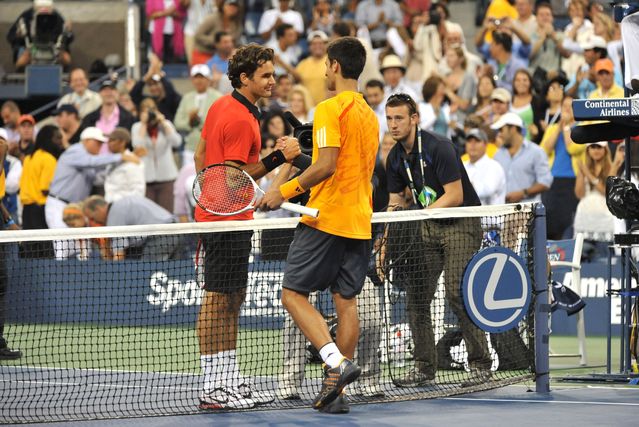Best Foes Forever
Rivalry is a special kind of competitive relationship.
By Matt Huston published July 5, 2016 - last reviewed on September 8, 2016

Whether victory is measured in trophies, dollars, or bragging rights, competing with a closely matched rival can drive us in ways most matchups do not.
The risk of being outdone by a rival can push you further. Gavin Kilduff, who researches competition at New York University, found hard evidence in the results of long-distance runners. When sharing the course with a similar competitor (of the same gender and age group) who had repeatedly run the same races and achieved comparable times—all factors associated with rivalry—runners tended to cross the finish line sooner. Another study showed that college basketball players blocked more shots when facing known rivals.
Rivals may become less cautious in trying to best each other. Researchers at the University of Virginia asked fantasy baseball players to solve word problems designed to elicit a seemingly easy but wrong answer. Players who first wrote about wanting to beat a league rival tended to fall for more of the traps. Rivalry calls to mind one's long-term reputation, psychologist Benjamin Converse and Ph.D. student David Reinhard explain. When thinking of the big picture, Reinhard says, "you're more concerned with your ideal self and less with details like whether you might mess up."
When the stakes feel high, competitors seem especially willing to bend the rules. An examination of Italian soccer teams showed that players racked up a greater average number of penalty cards when facing opponents from the same city, Kilduff and colleagues report in the Academy of Management Journal. And in a role-playing scenario, study participants were more likely to use deceptive negotiating tactics if they imagined they were interacting with a rival.
